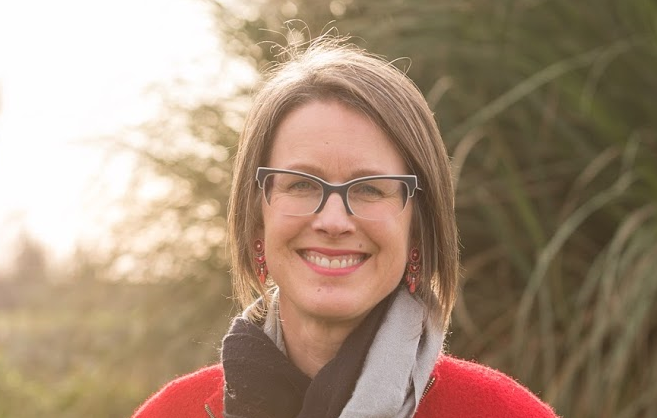Council retains FPP voting system, no Māori ward
Diana Cocks
03 September 2020, 6:08 PM
 The traditional first past the post electoral system will continue for local body elections. PHOTO: Wanaka App
The traditional first past the post electoral system will continue for local body elections. PHOTO: Wanaka App There will be no change in the short-term to the way voters choose elected representatives in the local body elections and nor will a separate Māori ward be established in this district.
The recommendations to retain the First Past the Post (FPP) electoral system for local council and community board elections and to not establish a separate Māori ward were unanimously agreed at yesterday’s (Thursday September 3) full council meeting in Queenstown.
The recommendations were presented to council in a report reviewing the district’s electoral representation arrangements, a legal requirement every six years, which the QLDC had resolved to review prior to the 2022 triennial election.
In her report, Queenstown Lakes District Council (QLDC) electoral officer Jane Roberston said while the choice of electoral system is not formally part of representation reviews, the Local Government Commission recommends that it should be considered alongside a decision on the establishment of Māori wards.
The Local Electoral Act allows local authorities to choose either FPP or STV (Single Transferable Vote) for local elections.
There are 78 councils in New Zealand, of which just 11 (about 14 per cent) use the STV electoral system, but the current FPP system was recommended to the councillors because it was familiar, easy to understand, and the results tended to be more immediate than the STV system.

Councillor Niamh Shaw believes the current elected members are not truly representative of our demographic. PHOTO: Supplied
Her report did note the benefits of the STV system, including it is more likely to deliver a proportional result that reflects the make-up of the community and has the potential to attract more diverse candidates.
A change of electoral system can be achieved either by a council resolution, or by the favourable outcome of a poll, or demanded by five per cent of electors, but the decision to change the voting system must happen two years before election year. The same applies also to the establishment of a Māori ward.
The Local Electoral Act sets out the process for determining the number of members to be elected to councils and community boards, selected from general and Māori wards. In the Queenstown Lakes District that is currently 10 elected to council (plus a mayor) and four to community board.
This calculation is population based and, Jane said, the size of the Māori electoral roll in this district does not yet qualify for a Māori ward, but clearly the position could change with future population increases.
She also noted that under the current system Māori can be represented by all ward councillors.
The representation review enables the council to take a fresh look at the structure of its membership and how members are elected, including the total number of members, whether they come from a ward or are elected ‘at large’ from across the wider district, where the boundaries of wards lie, and ward names.
Our district’s 10 council members are spread over three wards: Queenstown-Wakatipu (2018 population 22,998) has six councillors; Wanaka (2018 population 13,044) has three councillors; and Arrowtown Ward (2018 population 3,108) has one councillor.
However, based upon 2018 census population figures and the present ward boundaries, the representation model shows that technically Arrowtown’s population is proportionately too small to warrant one councillor and Wanaka’s population has now grown proportionately larger to warrant an increase in representation.
The review also considers community boards, their nature and structure, and if a community board should be retained in its current form or at all.
Wanaka ward councillor Niamh Shaw said after the meeting that she believed the current elected members “are not truly representative of our demographic”. She believed the representation review might lead to a greater interest in the STV system in the future.
Council has agreed to establish an independent panel or advisory group to undertake preliminary investigation of representation arrangements. The group of five will comprise three invited members and two members of the public selected through an expressions of interest process.
Full public consultation of the review is a requirement and the hearing process is planned around August/September next year.





